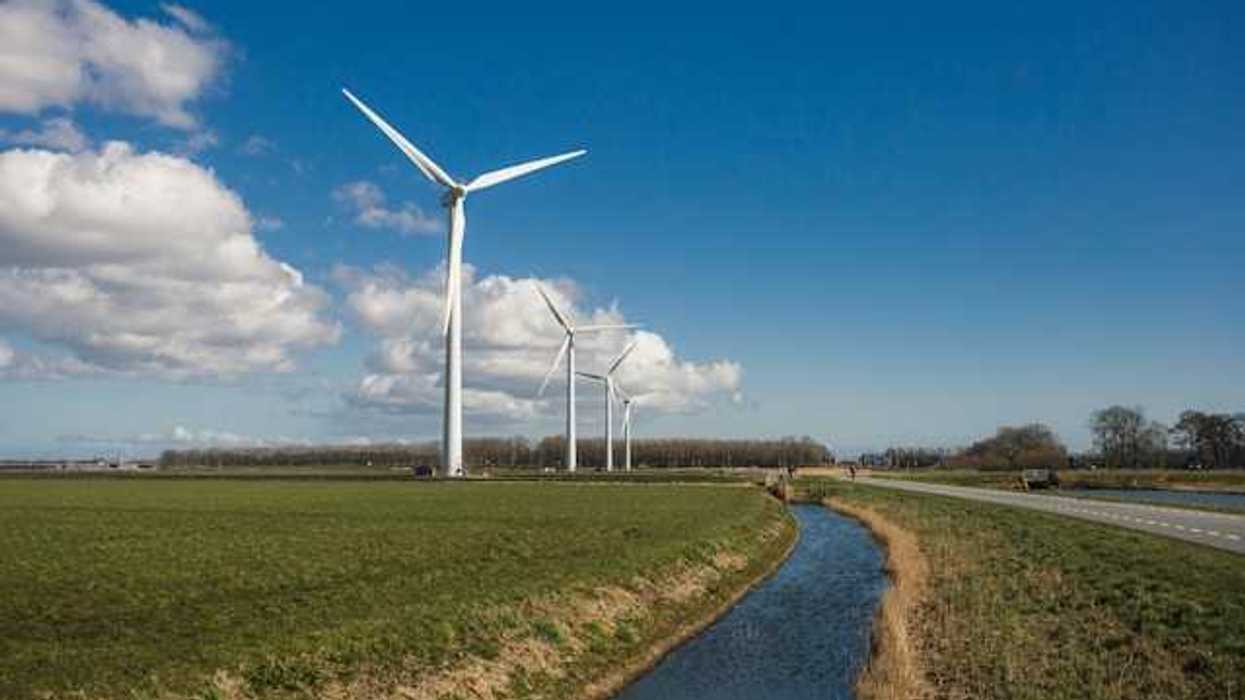A new study suggests the Atlantic Meridional Overturning Circulation (AMOC), a crucial ocean current system, has not weakened over the past 60 years, challenging earlier research but warning of future risks.
Kasha Patel reports for The Washington Post.
In short:
- Researchers used improved computer models and air-sea heat exchange data to reconstruct AMOC behavior from 1963 to 2017, finding no long-term weakening.
- The study refutes prior findings linking a “cold blob” in the North Atlantic to AMOC decline, arguing the link is less direct than thought.
- While current trends show stability, scientists agree AMOC weakening remains likely this century, with significant global consequences if it happens.
Key quote:
“I hope [people don’t think] climate change is just not happening or it’s not as bad as we think it is, because that’s not what this is about. It doesn’t mean that it’s going to stay stable in the future.”
— Jens Terhaar, oceanographer
Why this matters:
The AMOC plays a vital role in regulating global climate and weather patterns. Weakening of this current could disrupt agriculture, fisheries and rainfall patterns, especially in Europe, Africa and Asia. Monitoring and mitigating climate risks remain critical as ocean systems evolve.
Read more: Scientists predict collapse of key Atlantic Ocean current by 2057














